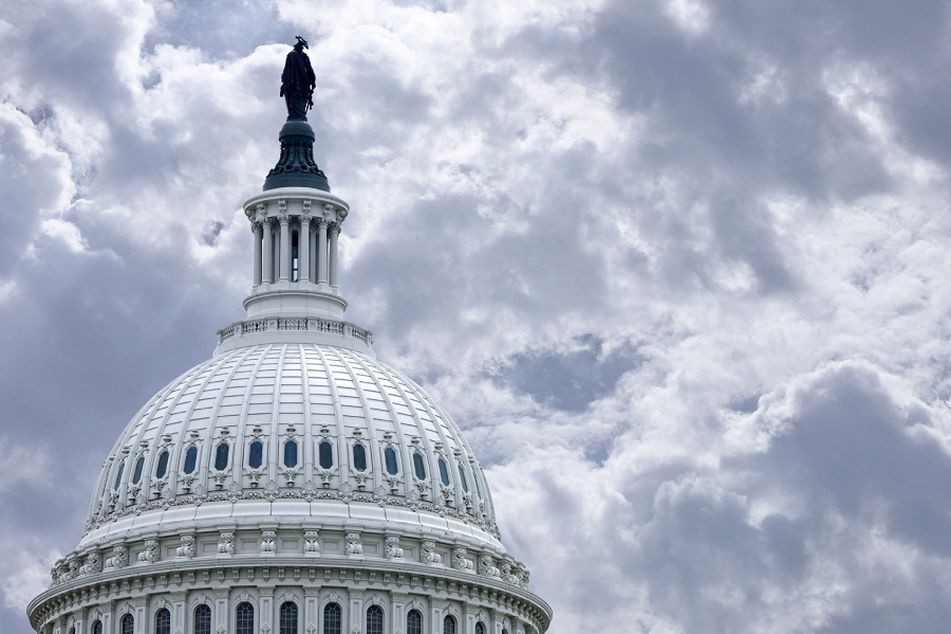Washington dysfunction will stir 'a lot of market volatility’ this year
 US Capitol Dome
US Capitol Dome
Issues like the debt limit, trade and oversight hearings pose risks for the financial markets.
The political dynamic in Washington will likely lead to a bumpier stock market this year, with issues such as the debt limit, trade and oversight hearings looming large, experts said Tuesday morning in New York.
The split government, divided between Democratic control of the House of Representatives and Republicans in the Senate, means major legislation this year is unlikely. That sort of steady predictability traditionally bodes well for the market, but this year is an exception, said Andrew Friedman, founder and principal of The Washington Update.
“This year I think will be very different,” said Mr. Friedman, who spoke Tuesday at the Investments & Wealth Institute’s annual Investment Advisor Forum. “I think the split government will cause a lot of volatility in the market.”
While another government shutdown is unlikely, Mr. Friedman said that a deadline in the fall to raise the federal debt limit could put the markets on edge. If there’s a hint of a struggle to reach a deal, there could be a global sell-off in equities — although Republicans and Democrats will likely reach some sort of deal before the deadline, since not doing so could adversely affect the U.S. credit rating, Mr. Friedman said.
Trade also poses a risk, including the negotiations around a replacement for the North American Free Trade Agreement, but particularly President Donald J. Trump’s push for tariffs on imported Chinese goods as a way to correct what he views as a trade imbalance, commentators said.
“Tariffs are sand in the wheels of global commerce,” said David Kelly, chief global strategist at J.P. Morgan Asset Management.
Democratic-led oversight hearings and the ongoing Robert Mueller investigation of possible Russian interference in the 2016 election — which could cause headline risk for sectors such as financial services and technology, as well as Mr. Trump’s administration — are other potential disruptors to the markets, as is the prospect of weaker growth resulting from the dwindling stimulus from 2017’s tax legislation, Mr. Friedman said.
“I think the markets have been quiet on the political front, but with a lot of the activity planned for this year and [impending] deadlines, it’s highly possible that more volatility will be the story for 2019,” said Sean Walters, CEO of the Investments & Wealth Institute.
But Mr. Kelly said that while the last few months have seen choppy markets, causing last year to be “a big disappointment,” the U.S. is not likely to enter a recession anytime soon.
“I do think the economy can still keep growing” for a few years, he said, adding though that growth may be a little bit slower, perhaps at a 2% pace instead of 3%.
The “usual suspects” that kill an expansion — residential investment, business fixed investment, motor vehicle and parts consumption, and the change in private inventories, all as a percentage of gross domestic product — aren’t flashing warning signals, Mr. Kelly said.
(More: Latest tax proposal from Democrats targets Wall Street)
Learn more about reprints and licensing for this article.








